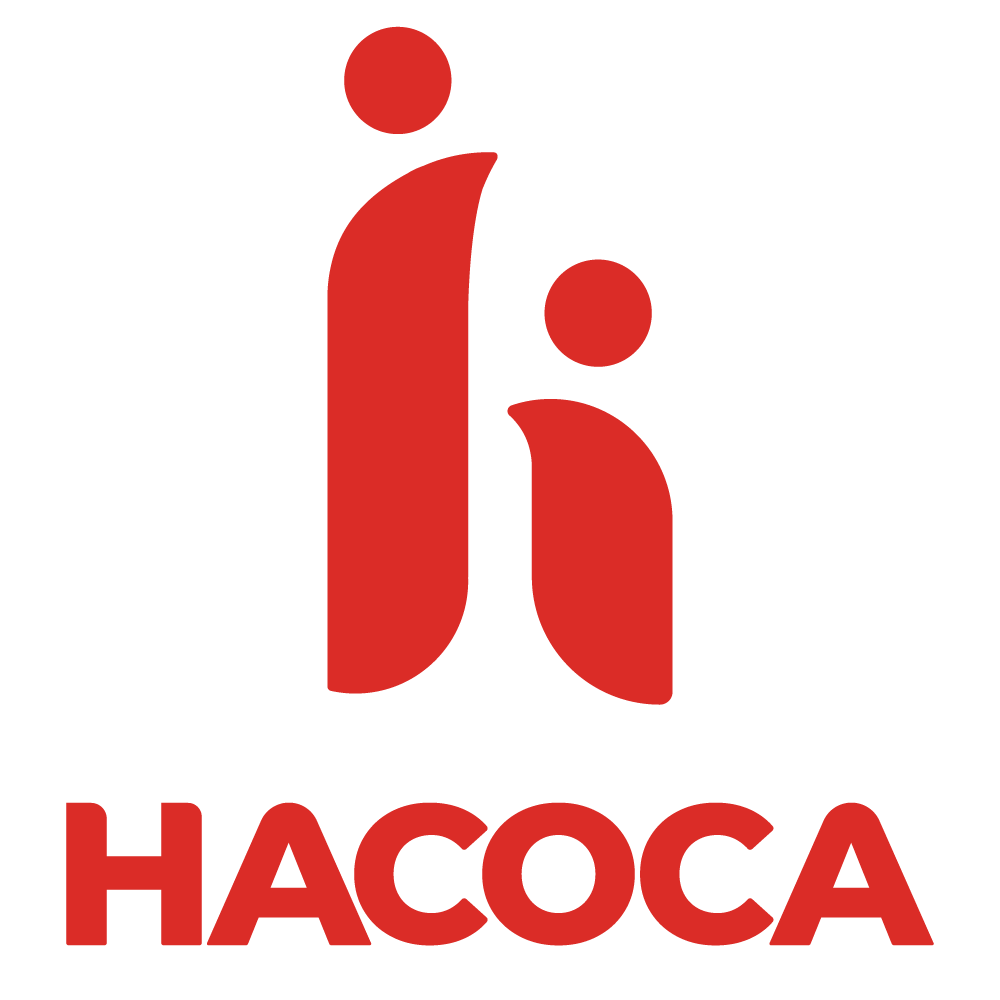USAID-Boresha Afya
This project’s objective is to provide essential health services, education, and support to vulnerable populations, particularly youth and women, in the targeted areas.
Project Overview
This project was designed to improve health outcomes for youth and women by increasing access to high-quality, comprehensive, and integrated health services. Targeting vulnerable populations who often face significant barriers to healthcare, such as geographical isolation, lack of information, and socio-economic challenges, the project took a multifaceted approach to address these issues. HACOCA played a critical role in this initiative by working to support the retention of clients in care and treatment services, ensuring that those living with HIV continued to receive the care they needed.
HACOCA supported community-based healthcare providers in offering TB and GBV screenings, addressing the critical need for early detection and intervention. The project also focused on addressing intimate partner violence, particularly in the context of Index testing services, where such violence can be a significant barrier to care. Moreover, HACOCA worked to create demand for HIV testing services and conducted follow-ups with clients living with HIV to ensure they had continuous access to necessary healthcare services. Through these efforts, the project sought to overcome the barriers to healthcare access and improve the overall health and well-being of youth and women in the targeted communities.
Project Achievement
The project successfully improved health outcomes for vulnerable youth and women by reaching 14,729 individuals with comprehensive and integrated health services. HACOCA’s efforts led to the retention of 4,540 clients in HIV care and treatment services, ensuring they continued to receive vital medical support. Additionally, 10,365 individuals were screened for TB and gender-based violence (GBV) by community-based healthcare providers, enabling early detection and intervention. The project also addressed intimate partner violence linked to Index testing services and generated demand for HIV testing, with 824 clients being followed up to ensure ongoing access to care.

